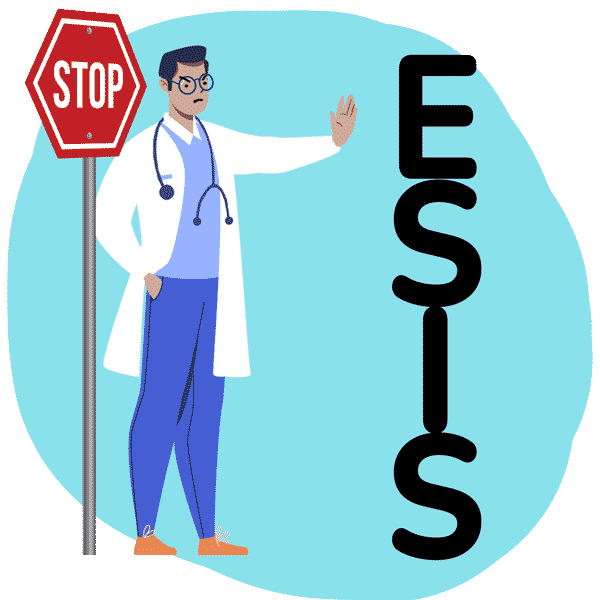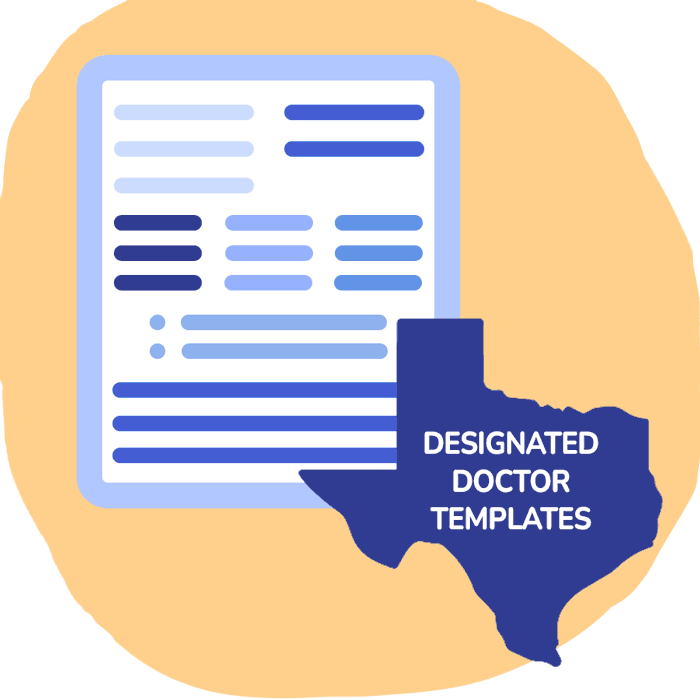CO: New Law Empowers Injured Workers & Doctors

Colorado is taking a sledgehammer to payer control over injured workers’ care.
Governor Jared Polis signed House Bill 25-1300 into law in June. Starting in 2028, this legislation mandates that:
- Colorado workers can choose their own treating physician within their geographic area.
- Payers must follow statewide treatment utilization standards.
Where payers fail to follow the statewide treatment standards, the Colorado Division of Workers’ Compensation (DOWC) will have the power to overrule payers’ Utilization Review (UR) decisions and authorize appropriate care.
Colorado stands in stark contrast to states like California, where payers restrict workers to flawed Medical Provider Networks (MPNs) and dictate care through a dysfunctional UR process that applies to all treatment. Rather than ensuring care, California’s MPNs function primarily to force providers into discount contracts, while UR unnecessarily delays and obstructs care.
In California, MPNs and UR do little to help injured workers, but generate profitable friction for claims administrators, vendors, and private equity while driving up employer costs. Colorado chose a better path.
Now is the time for California to rethink its approach to workers’ comp, with Colorado as a model.
Giving Agency to CO Workers
The preamble to HB 25-1300 describes the problem of payer control over injured worker treatment in damning terms (emphases ours):
“...we still have a workers' compensation system weighted heavily against injured workers and in favor of insurance companies, as evidenced by:
(I) Injured workers in Colorado lack basic agency to choose who treats their injuries. When a worker is hurt on the job, the employer and its insurer have control over the primary doctor assigned.”
HB 25-1300 resolves this problem by letting workers choose a Level I or II accredited physician within 70 miles of their home or work (or 100 miles in underserved areas).
- Once the employer receives formal notice of an injury, the employer has seven days to inform the worker of their right to choose a physician.
- From there, the worker has seven days to choose a physician. The employer may designate a physician only if the worker fails to choose a physician within seven days.
Compare this to California’s MPN system, where “choice” means an injured worker selects a doctor from an MPN that frequently fails to adhere to state laws and selects physicians based on their willingness to accept network reimbursement discounts.
Ostensibly, MPNs allow payers to ensure appropriate care, but the fact that payers already exercise control over all treatment through UR belies that claim.
HB 25-1300, in clear and bold language, rejects the dubious narrative that letting payers control physician choice ensures the best outcomes.
Stripping Payers of Control Over Treatment Utilization
HB 25-1300’s condemnation of payer control doesn’t stop at physician selection. The new law addresses and eliminates payer control of treatment utilization. Again, the bill’s preamble pulls no punches (emphases ours):
“Even after an employer and insurer direct a worker to seek treatment with a specific physician…they can deny the medical care that a physician recommends as unreasonable or unnecessary. When such a dispute arises, it is the worker who bears the burden of proof in court…
...While employers and insurers are directed to follow the state's utilization standards in making determinations regarding the authorization or denial of medical care, they often fail to do so. When they do fail, there is no expeditious recourse for workers.”
HB 25-1300 changes the workers’ comp game in Colorado by:
- Creating an enforceable mandate requiring payers to follow statewide utilization standards
- Empowering the DOWC to overrule payers’ treatment denials and authorize appropriate and necessary treatment
The bill states (emphases ours):
“AN EMPLOYER OR THE EMPLOYER'S INSURER SHALL USE THE DIVISION'S UTILIZATION STANDARDS WHEN RESPONDING TO A REQUEST FOR AUTHORIZATION FROM A TREATING PHYSICIAN.
IF AN EMPLOYER OR THE EMPLOYER'S INSURER FAILS TO ACT IN ACCORDANCE WITH THE DIVISION'S UTILIZATION STANDARDS WHEN REVIEWING A REQUEST FOR AUTHORIZATION, THE DIRECTOR MAY DEEM THE SERVICES PROVIDED BY AN AUTHORIZED TREATING PHYSICIAN AS AUTHORIZED, REASONABLE, AND NECESSARY AND REQUIRE PAYMENT FOR THE SERVICES BY THE EMPLOYER OR THE EMPLOYER'S INSURER.”
Treatment UR in California operates according to payers’ whims (and profit motives). Third-party administrators proudly advertise how much care they prevent injured workers from receiving. Workers wait weeks or months for treatment and have little hope of successfully appealing treatment denials.
With HB 25-1300, Colorado offers a model of reform, proving that systemic dysfunction in workers’ comp is solvable with some political will. We urge California to prove it again.
daisyBill makes workers’ comp billing faster and easier, minimizing friction and maximizing revenue. Click below to learn more:
BILL BETTER
DaisyBill provides content as an insightful service to its readers and clients. It does not offer legal advice and cannot guarantee the accuracy or suitability of its content for a particular purpose.




